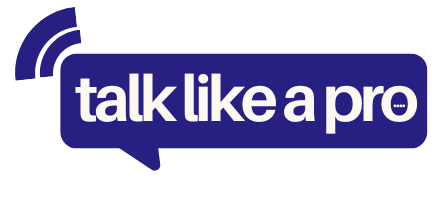I was recently corresponding with a colleague via email when they used the phrase “please be reminded“. It struck me as quite formal and even old-fashioned. I wondered if there might be more natural or conversational ways to politely ask someone to keep something in mind or remember an important detail.
So I decided to put together this post exploring some alternative ways we can prompt others to recall key information without sounding overly stiff or formal. My hope is that these options will help communication feel more genuine and less automatically generated.
What are 15 Alternative Ways to Say “Please Be Reminded”?
Before listing some other options, I want to note that “please be reminded” is not actually incorrect or bad. But it does have a somewhat official tone that may not fit casual correspondence.
Here are 15 alternative ways to prompt someone to remember something:
- Please keep this in mind
- Please remember that
- Let this serve as a reminder
- Please don’t forget
- I wanted to make sure you recall
- Just a friendly reminder
- Please be aware that
- Please take note
- Please bear in mind
- I hope you already know but
- You likely know this but
- This is just a reminder that
- Please take this into consideration
- Please be cognizant of
- I’d like to highlight
Key Takeaways
- “Please be reminded” can sound overly formal in casual correspondence
- Alternatives like “please remember” are more conversational
- There are many polite ways to prompt recall without stiffness
5 Editor’s Choice Ways
Just a Friendly Reminder
Using the phrase “just a friendly reminder” helps soften the prompt and adds warmth. It clarifies you are not demanding they recall something but rather nudging their memory as a friend would.
I Wanted to Make Sure You Recall
Explaining you specifically “wanted to” highlight certain information implies care and attention rather than accusation of oversight. It also focuses responsibility on you rather than them.
You Likely Know This But
When initiating a reminder with “you likely know this but” it indicates you don’t assume total ignorance on their part. This helps ease any embarrassment and sets a collaborative tone.
I Hope You Already Know
Similarly, saying “I hope you already know” makes the reminder seem not like an admonishment but rather just a helpful confirmation that key details haven’t slipped through cracks in a busy schedule.
Please Keep This In Mind
Of all the options, “please keep this in mind” is likely the simplest and clearest prompt to remember something without excessive formality. It gets straight to the point.
Formal Way
Please Be Advised That
When correspondences must err on the more official side, “please be advised that” is an appropriate reminder phrase. For example:
Please be advised that the due date for submissions is January 31st. Failure to meet this deadline will result in penalties.
This maintains formality while prompting recall of key dates or policies.
Other formal options include:
- Please note that
- Kindly take note that
Informal Way
Hey Quick Reminder
In casual conversations, an informal preface like “hey quick reminder that…” softens the reminder by introducing it conversationally:
Hey quick reminder that we need to bring snacks for Alex’s going away party on Friday! I’ll bring cups and napkins if you can handle plates and utensils?
Other casual reminders:
- Just a heads up
- Random but don’t forget
- This is your friendly reminder
Is It Correct to Say “Please Be Reminded”?
The phrase “please be reminded” is not actually grammatically incorrect. It follows standard rules of polite imperative statements. However, its formal tone can feel outdated, clunky, or even robotic in casual correspondence.
Using this terminology may unintentionally distance personal connections by introducing formality where informality is expected. In professional yet friendly exchanges, it usually pays dividends to match the tone teammates adopt. Showing the extra care to emulate peers’ voices keeps rapport strong.
So while “please be reminded” isn’t wrong per se, alternatives like “please remember” typically suit most modern situations better. Language evolves continually, so our word choices must evolve as well if we want to resonate authentically with audiences.
In Conclusion
There are indeed situations where reminding colleagues of key details proves necessary. Yet doing so politely, conversationally, and helpfully boosts comprehension exponentially more than rigid formality. Hopefully this breakdown of alternative phrases assists all of us in keeping communications casually clear rather than annoyingly automated.


